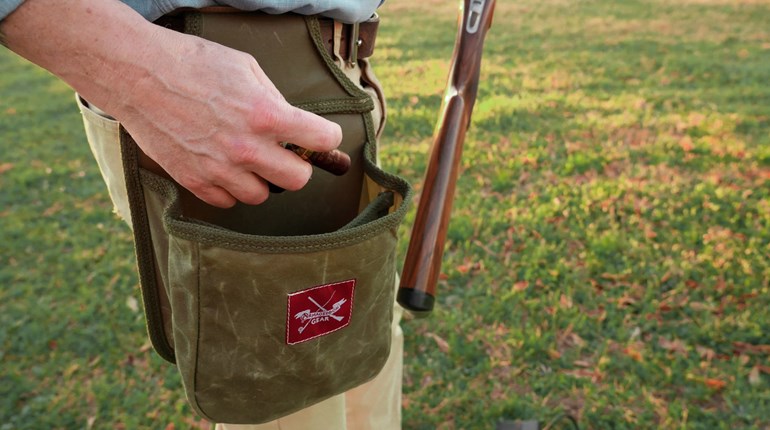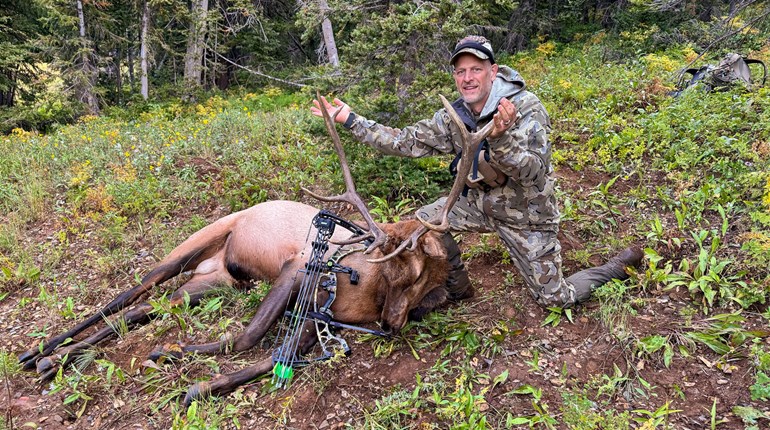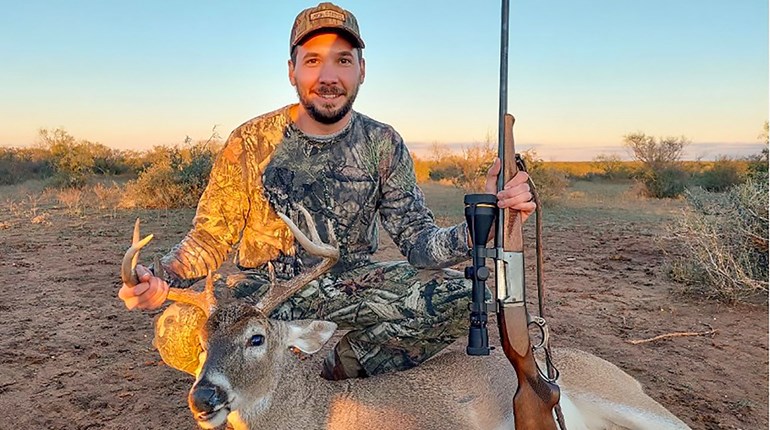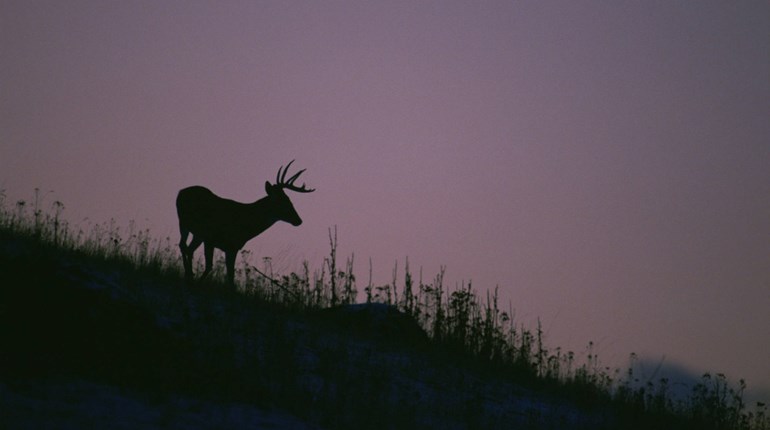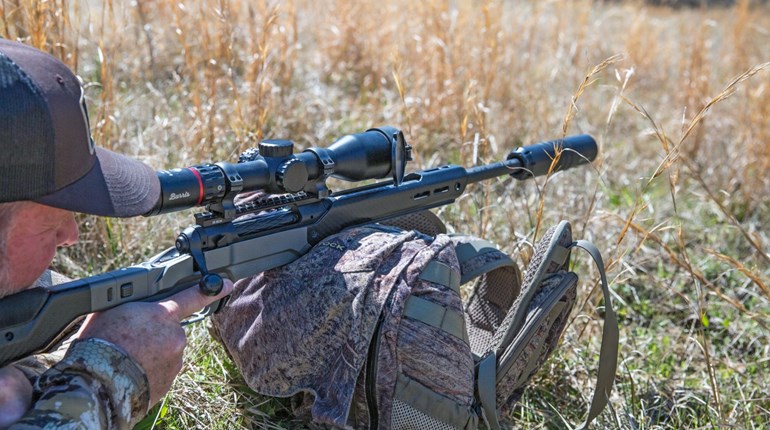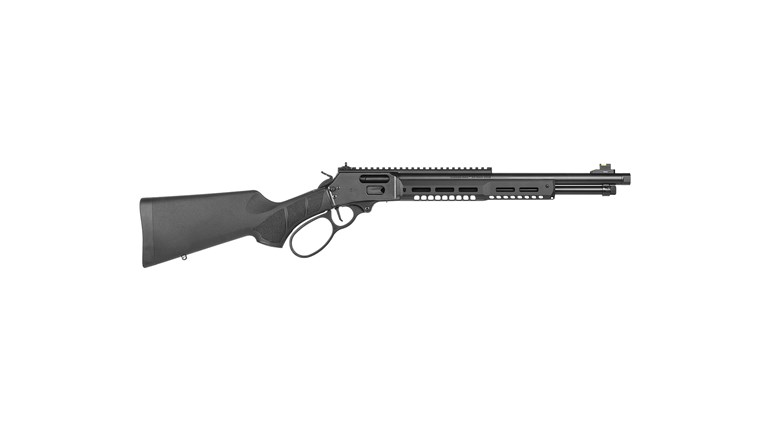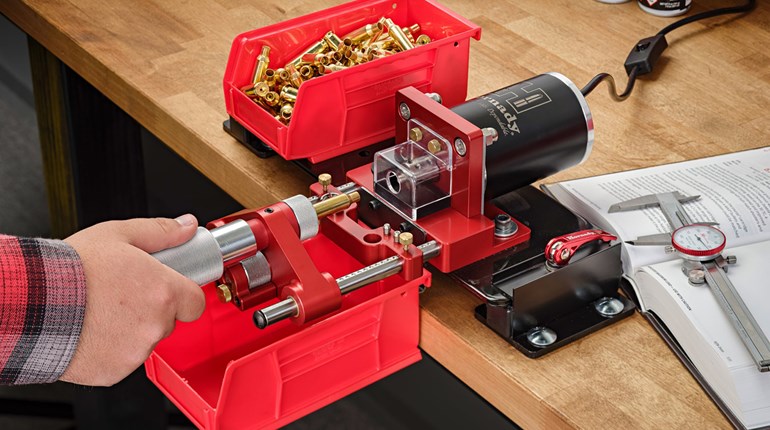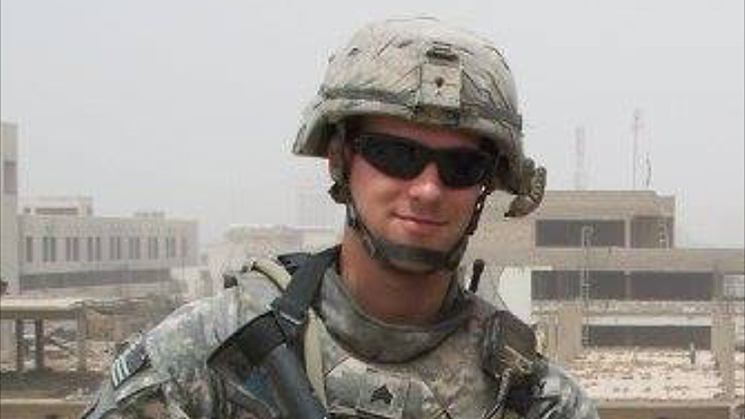
By SGT Michael Marek, 3rd Platoon 5/73rd Cavalry, 82nd Airborne Division, South Bend, Ind.
My father, being the most influential hunter I’ve ever known, taught me at a young age how to move with stealth in rugged terrain, to listen to the surrounding sounds and to notice some of the things that may be in plain view, but nearly invisible if you don’t know what to look for. “Pick up your feet and look before you put them down again softly,” he used to say. He taught me which tracks in the soil belonged to what animal, and the different calls ducks, geese and other animals made. Above all, he taught me that if it was easy, everyone would do it. That was his way of saying hunting is difficult, and that’s what makes being a hunter so great. You truly become a cut above the rest. I’ll forever remember everything my father taught me about tracking, trapping, hunting and fishing. When it came to marksmanship, I learned from him the correct body positions, breathing control, trigger squeeze, proper aim and how to make sight adjustments. He trained me to become the master of my own senses and to calm myself before taking that one single shot that would make all the waiting worth it.
As a hunter in my youth I quickly grew accustomed to failure. Most of my hunts ended unsuccessfully, just as most of my casts ended without a fish on the line. All hunters and fishermen can appreciate that creatures on their own terrain often outsmart even the savviest outdoorsman. This makes us think like our opponents, continually reevaluate our weaknesses and learn from more successful sportsmen. In Iraq, this was equally useful against the enemy. They, too, may have lacked tactical superiority, but they understood deception and were as hard to spot as a whitetail buck in the woods. I’ve found throughout my time with the 5/73rd in the 82nd Airborne that hunters typically make the best combatants. I figure it is due to the simple fact that being a soldier parallels being a hunter in many ways. In both groups, you quickly learn that the status quo is ostensibly “hurry up and wait,” and learn to be flexible in even the most trying situations. Whether you are trying to steady the crosshairs as they dance across a deer’s chest or desperately trying to do the same with an enemy target, both offer the same challenge of taming your own body’s nature while gallons of adrenaline rush through your veins. In both situations you have to overcome the rush and remain calm in order to gently increase pressure on the trigger in the face of adversity and turmoil. Both positions also require you to have an excessive understanding of your opponent and their environments. You have to have a keen sense of things which are out of place to alert you to a presence other than your own. If I hadn’t learned the skills I had earlier in life, I would have surely never made it back home. I owe my life to my father and the things he taught me along the way.
Of course, a hunter is certainly better prepared with superior gear, just as a soldier is more efficient with properly working equipment. During many long deployments in areas miles from the inside of a protected wall (what we referred to as “inside the wire”), and limited access to new parts or mission-essential tools, sometimes we would rely on care packages instead of our own government-provided supply channel. Many of my men and I would often ask friends and family for particular items we depended on to get the job done. It typically took around two weeks to get a care package, assuming they had the time or money to get what we asked for. That was until we discovered it was easier to ask for help from an organization designed to take on our needs.
My brother Kevin told me about one such organization and put me in contact with Operation Troop Appreciation (OTA). I quickly learned that OTA is dedicated to all active and veteran members of our armed forces who serve and sacrifice for our country. Operation Troop Appreciation helped to build and sustain the morale and well-being of my entire platoon during both of my deployments. They provided us with everything from clothing and tactical gear to snacks and hygiene items. Every package was tailored and personalized to meet the particular needs or wishes of our unit. They are committed to helping us anytime we contact them with another wish-list as they have done for thousands of troops over the years. I encourage you to get more information on OTA here and consider supporting their cause as we have.
Do you have an exciting, unusual or humorous hunting experience to share?
Send your story (800 words or less) to [email protected] or to American Hunter, Dept. MH, 11250 Waples Mill Road, Fairfax, VA. 22030-9400. Please include your NRA ID number. Good quality photos are welcome. Make sure you have permission to use the material. Authors will not be paid, and manuscripts and photos will not be returned. All material becomes the property of NRA.












